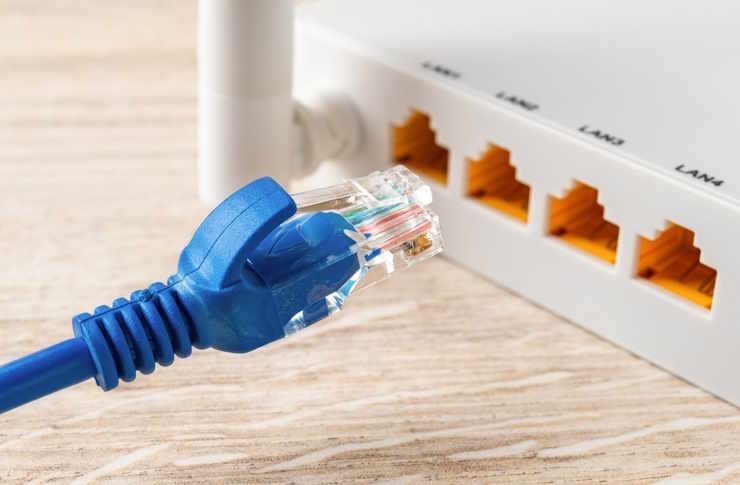Finding the Ideal Internet Plan for Your Specific Needs
Choosing the right internet plan can be a challenging task in today's digital landscape. With numerous internet service providers and a wide range of plans available, consumers face a complex decision that impacts their daily connectivity, work, entertainment, and communication needs. Understanding the key factors that influence internet plan selection is crucial for finding a solution that balances performance, affordability, and reliability.

What Are the Different Types of Internet Plans?
Internet plans come in various forms, each with unique characteristics to suit different user requirements. Broadband connections typically include DSL, cable, fiber-optic, and satellite internet. DSL uses telephone lines and offers moderate speeds, while cable internet provides faster connections through existing cable television infrastructure. Fiber-optic internet represents the gold standard, delivering ultra-fast speeds and exceptional reliability for demanding users.
How to Assess Your Internet Usage Needs
Determining your ideal internet plan starts with a comprehensive assessment of your specific usage patterns. Consider factors like the number of devices connected simultaneously, typical online activities, and household size. Streaming video, online gaming, remote work, and multiple device usage require higher bandwidth, while basic web browsing and email might need less robust plans. Calculate your expected data consumption by tracking your current internet usage through provider websites or speed test tools.
Comparing Internet Service Providers in Your Area
Local availability plays a critical role in selecting an internet plan. Not all providers offer services in every region, making geographic research essential. Use online comparison tools and local provider websites to identify available options. Consider factors beyond price, such as customer support, contract terms, installation fees, and potential promotional offers that could reduce initial costs.
Key Factors to Consider When Choosing an Internet Plan
Several crucial elements should guide your decision-making process. Download and upload speeds, data caps, contract length, equipment requirements, and potential price increases after promotional periods are vital considerations. Look for plans that offer flexibility, transparent pricing, and the ability to scale your service as your needs evolve.
Internet Plan Comparison Overview
Here’s a comprehensive overview of typical internet service providers and their offerings:
| Provider | Plan Type | Speed Range | Average Monthly Cost | Data Cap |
|---|---|---|---|---|
| Comcast Xfinity | Cable/Fiber | 50-1200 Mbps | $30-$80 | Some plans |
| AT&T | Fiber/DSL | 100-940 Mbps | $55-$70 | Unlimited |
| Spectrum | Cable | 200-940 Mbps | $50-$90 | Unlimited |
| Verizon Fios | Fiber | 200-940 Mbps | $40-$80 | Unlimited |
Prices, rates, or cost estimates mentioned in this article are based on the latest available information but may change over time. Independent research is advised before making financial decisions.
Conclusion
Selecting the right internet plan requires careful research, understanding your specific needs, and comparing available options. By methodically evaluating your usage requirements, local provider landscape, and key plan characteristics, you can find an internet solution that delivers optimal performance and value for your unique situation.




